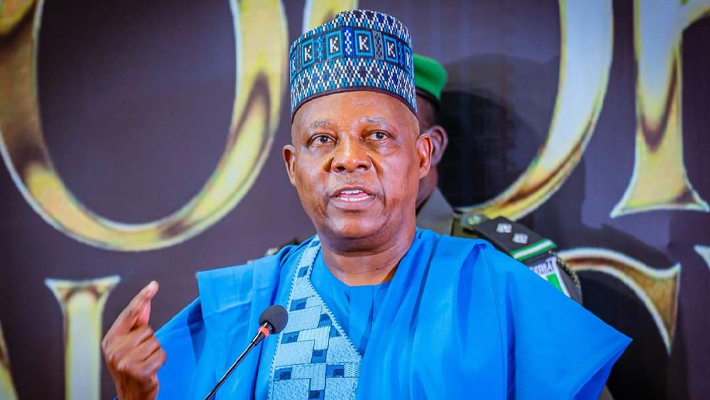
Nigeria to Phase Out Diesel Generators in Favor of Hybrid Energy System – Vice President shettima
Announcement Date: July 2, 2025
📍 Location: Decarbonising Infrastructure in Nigeria Summit, Abuja
🎤 Speaker: Vice President Kashim Shettima
🔋 Key Highlights:
- Diesel Generators Phased Out
Nigeria will transition away from fossil-fuel–powered generators, moving toward a hybrid energy system that integrates renewables (e.g., solar, hydro) with traditional grid supply .
- $60 Million Onne Port Pilot
Plans are underway to convert Onne Port, Rivers State, into the country’s first green port, powered by a hybrid system. Private investors are expected to contribute around $60 million .
- Climate & Economic Strategy
Shettima emphasized that climate action is a “critical economic imperative”, not just an environmental goal. The shift aims to reduce carbon emissions and guarantee 24/7 sustainable power for businesses .
- Policy Support & Broader Context
The announcement builds on Nigeria’s Energy Transition Plan and the Climate Change Act, aiming for carbon neutrality by 2060. Heavy-emitting sectors like energy, transport, urban development, and agriculture account for 75% of national emissions .
Shettima also mentioned other moves including funding for electric vehicles, solar-hydro hybrid projects (e.g., the 20 MW Shiroro plant), and establishing a Green Investment Portal .
- Projected Benefits
Expected to generate up to 1.5 million green jobs by 2035, while boosting clean-energy investments and export markets .
✅ Why This Matters:
Health & Environment: Phasing out diesel generators reduces local air pollution and greenhouse gas emissions.
Economic Savings: Businesses and households stand to save significantly from lower fuel costs and more reliable energy.
Climate Resilience: Aligns Nigeria with global decarbonization trends while expanding energy access.
📌 Next Steps to Watch:
Implementation progress at Onne Port and other pilot projects.
Launch of the Green Investment Portal and upcoming regulatory reforms.
Milestone tracking toward net-zero by 2060 and broader energy transition goals.